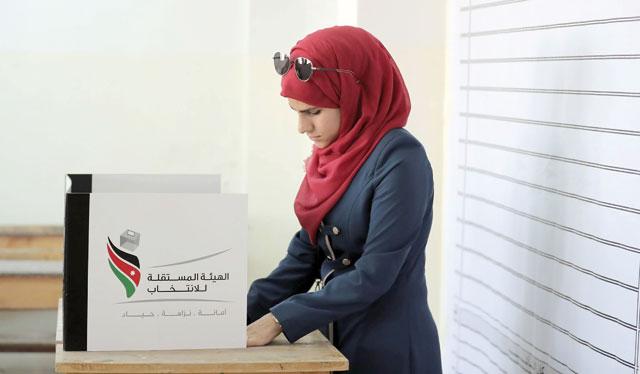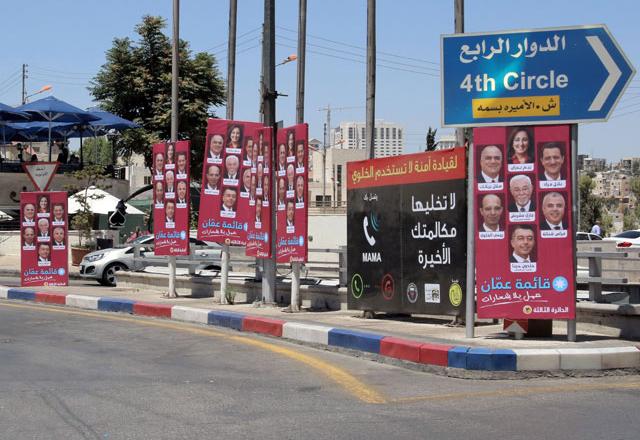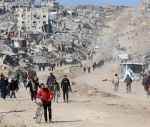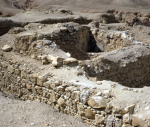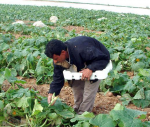You are here
Activists express disappointment over female candidates’ reluctance to run for city council presidency seats
By Rana Husseini - Feb 10,2022 - Last updated at Feb 10,2022
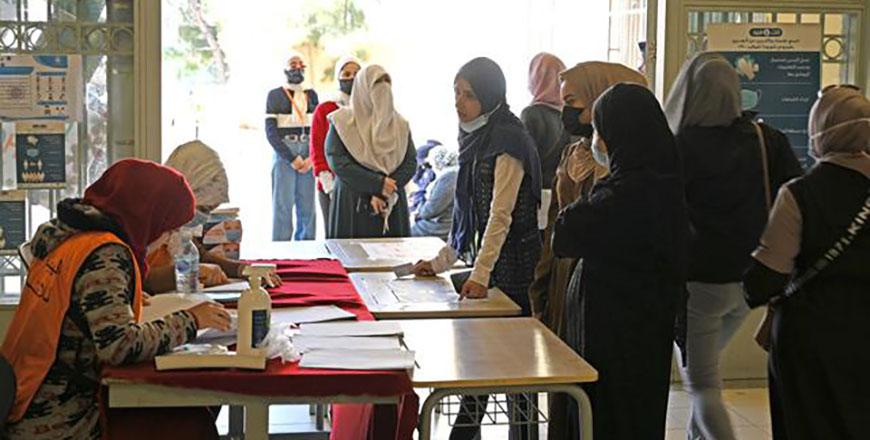
Women are seen waiting to register to vote at polling station in Amman during parliamentary elections on November 11, 2021 (JT file photo)
AMMAN — Women’s rights activists on Thursday voiced their disappointment over the reluctance of female candidates who are registered to run for the governorate and municipal elections to compete for the city council presidency seats.
Some 4,820, including 867 women, registered to compete for a total of 1,135 seats in total, including 100 city council presidency seats.
Activists complained that tribal backing of male candidates and weak financial means for female candidates remain the major barriers behind “women’s reluctance to run for presidential seats”.
Jordanian Women’s Union President Amneh Zu’bi pointed out that the “tribal backing of candidates remains a decisive factor on who will compete in any election”.
“We have witnessed an increase in tribal meetings with male candidates recently but were informed by many women who wanted to run that they were excluded from these gatherings,” Zu’bi said.
“Obviously, women were not part of the selection process and, therefore, will not be able to run without the tribal backing,” Zu’bi told The Jordan Times.
Jordanian National Commission for Women (JNCW) Secretary General Salma Nims agreed with Zu’bi saying that “many tribes feel that their male candidates have better chances of winning than females”.
There is also “a broader political complex”, Nims told The Jordan Times.
“Voters are inclined to vote for someone who has power, access to a strong network that would work to secure their needs and services, and in general, men are more powerful and connected,” Nims said.
Nims added that female candidates in general “lack the financial resources and the necessary social network that would contribute to increasing their chances in winning as council presidents”.
Arab Women Organisation Programme Director Laila Naffa pointed out that previous “bad experiences by women who served in municipal councils” are other factors that are affecting women’s decision to run for a high position.
“Some women who served in previous city councils complained about being sidelined and marginalised by their male colleagues,” Naffa told The Jordan Times.
Naffa added that many complained of not being invited to some meetings by city council members, while other meetings were held at “night so that they would not be able to attend it”.
Instead, Naffa maintained, they would be “surprised the following day with a decision that was already taken by their male peers who held meetings without them”.
The same applies to women in presidency posts, Naffa added.
“The women who served in high positions have complained of being paralysed by decisions that are made by their male peers with or without their knowledge,” Naffa said.
The three activists insisted that increasing the current women’s quota to at least 30 per cent will help women form a strong block or coalition within their position to “support each other and their work”.
“We have been constantly lobbying the government to increase the quota to 30 per cent but to no avail,” Nims complained.
A 25 per cent quota was designated for women as well as the opportunity to win in direct competition in the upcoming elections.
However, Independent Election Commission (IEC) officials recently told The Jordan Times that in the event that “the number of registered female candidates was not enough to fill the seats that are designated by the quota based on the distribution registration list, then the Local Administration minister can appoint a woman he/she chose from the eligible voters”.
The IEC has announced in the past that the elections are scheduled for March 22, “unless the health situation related to COVID-19 would entail shifting the election date”.
Some 4,602,135 people, including 2,437,340 women, are eligible to vote in the upcoming elections.
Citizens wishing to cast their ballots should send a message to 94455 to get information on their polling stations.
Related Articles
AMMAN — Activists on Thursday expressed mixed reactions to the parliamentary election results, as five women won seats outside the 15-seat q
AMMAN — Women’s rights activists on Thursday said that the disappointing results for women candidates in the parliamentary elections was exp
AMMAN — The women’s movement has expressed optimism that some female parliamentary candidates could clinch seats outside the 15-seat designa


